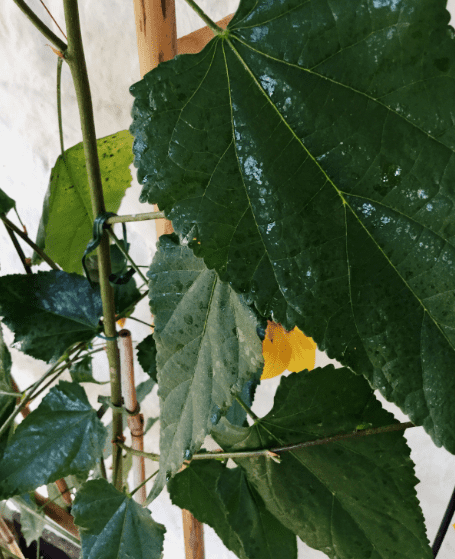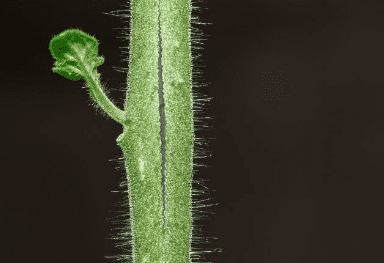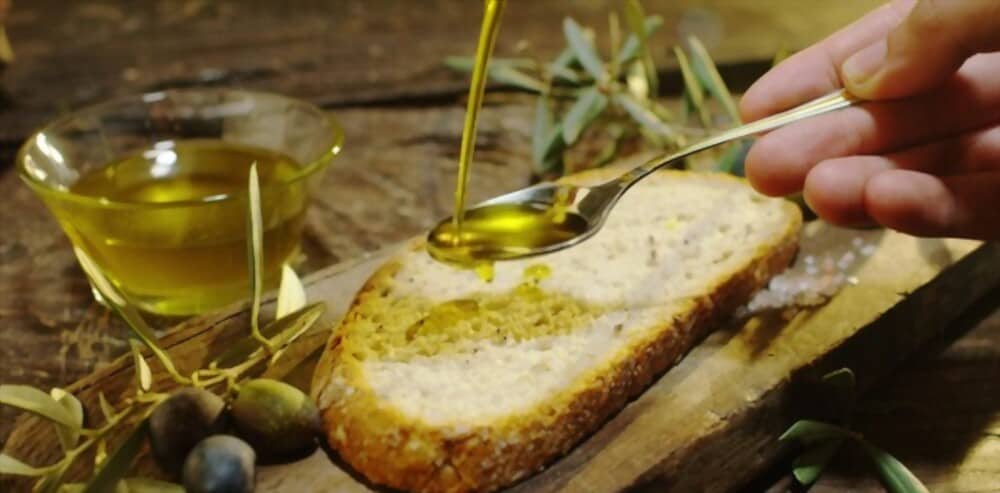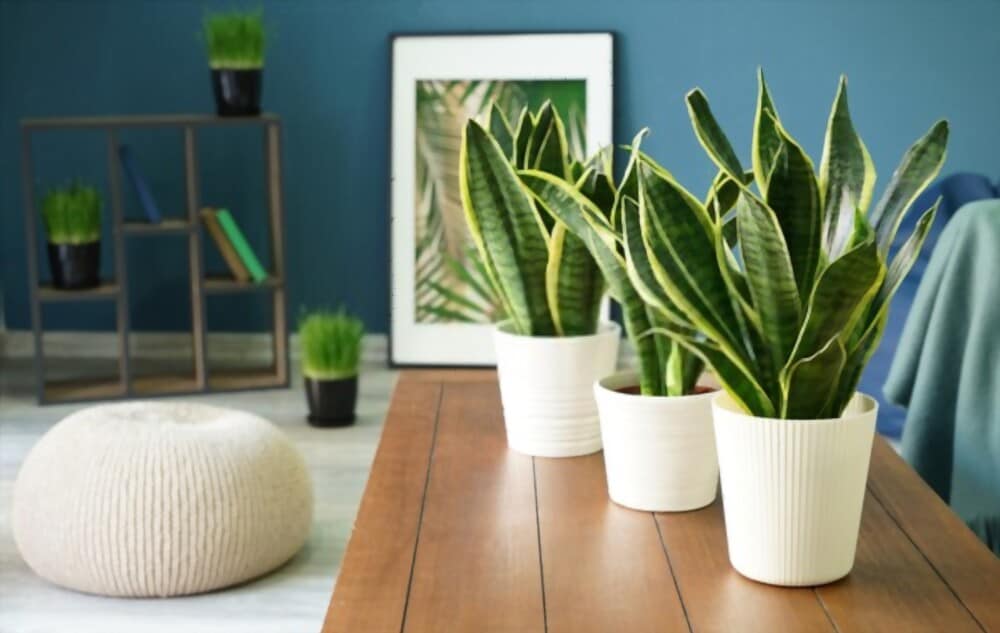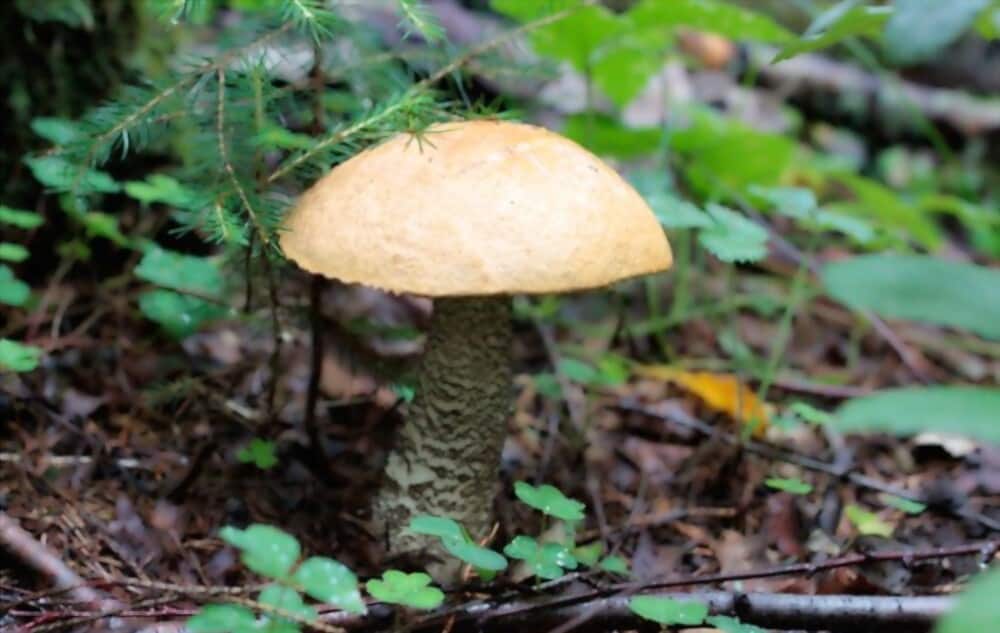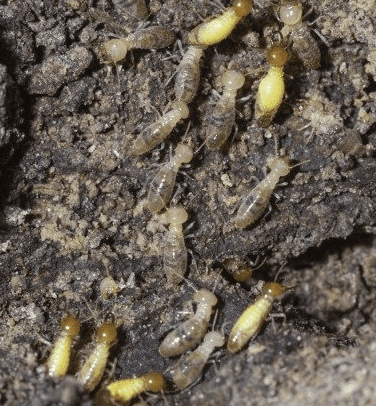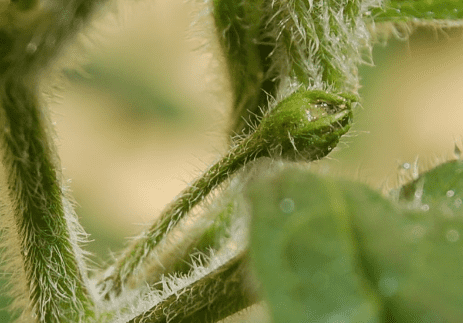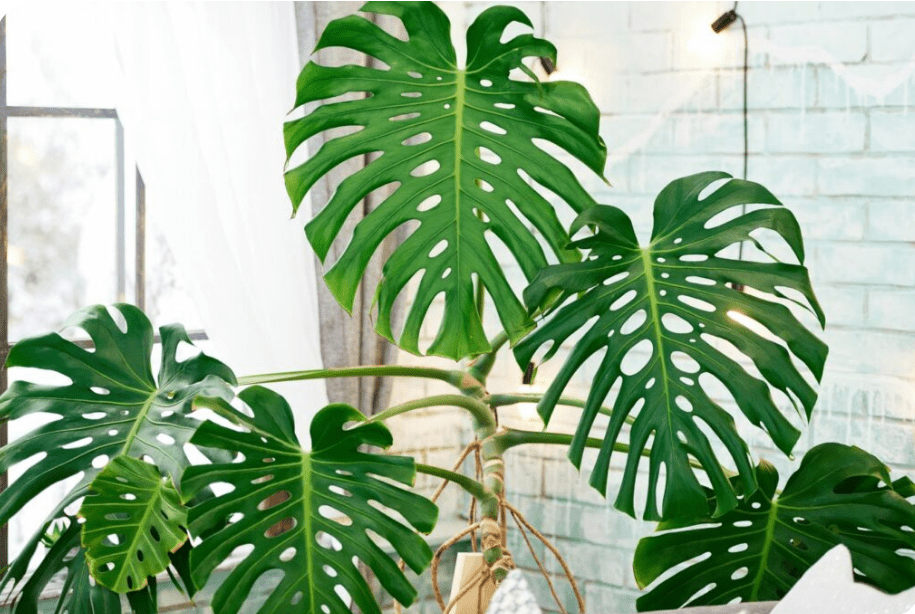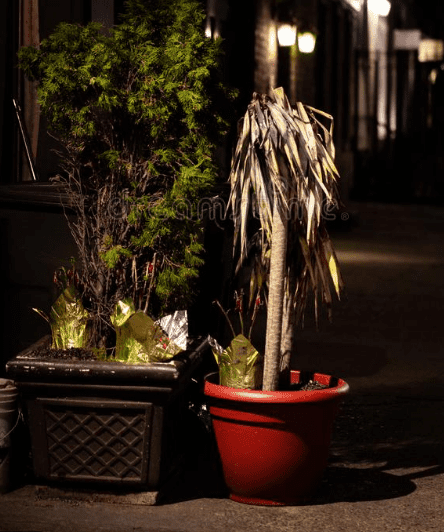What Causes Sticky Plant Leaves: You Shouldn’t be Worried
Sticky plant leaves can be an ugly but typical houseplant phenomenon. The causes could be organic or the result of unwelcome pests excreting on your plants. The sticky substance on plant leaves can either be produced naturally by plants or as a result of pests like aphids and scales excreting their waste on the leaves. …

